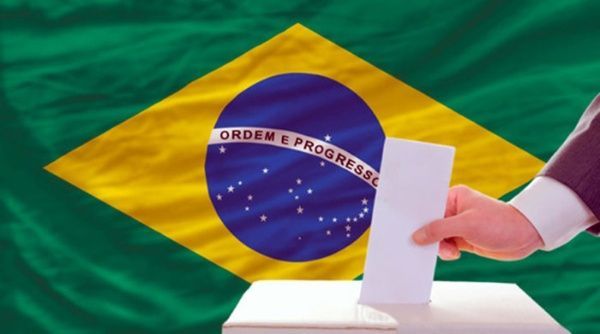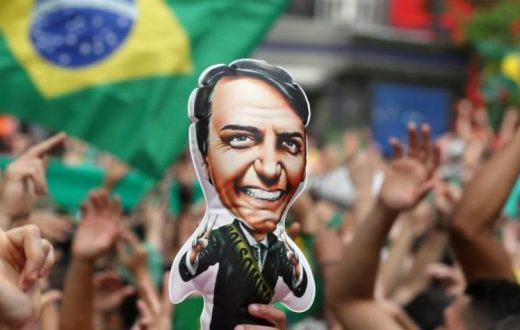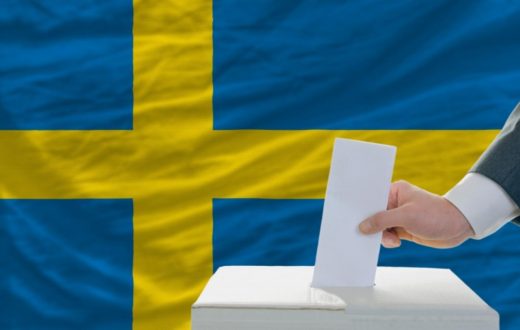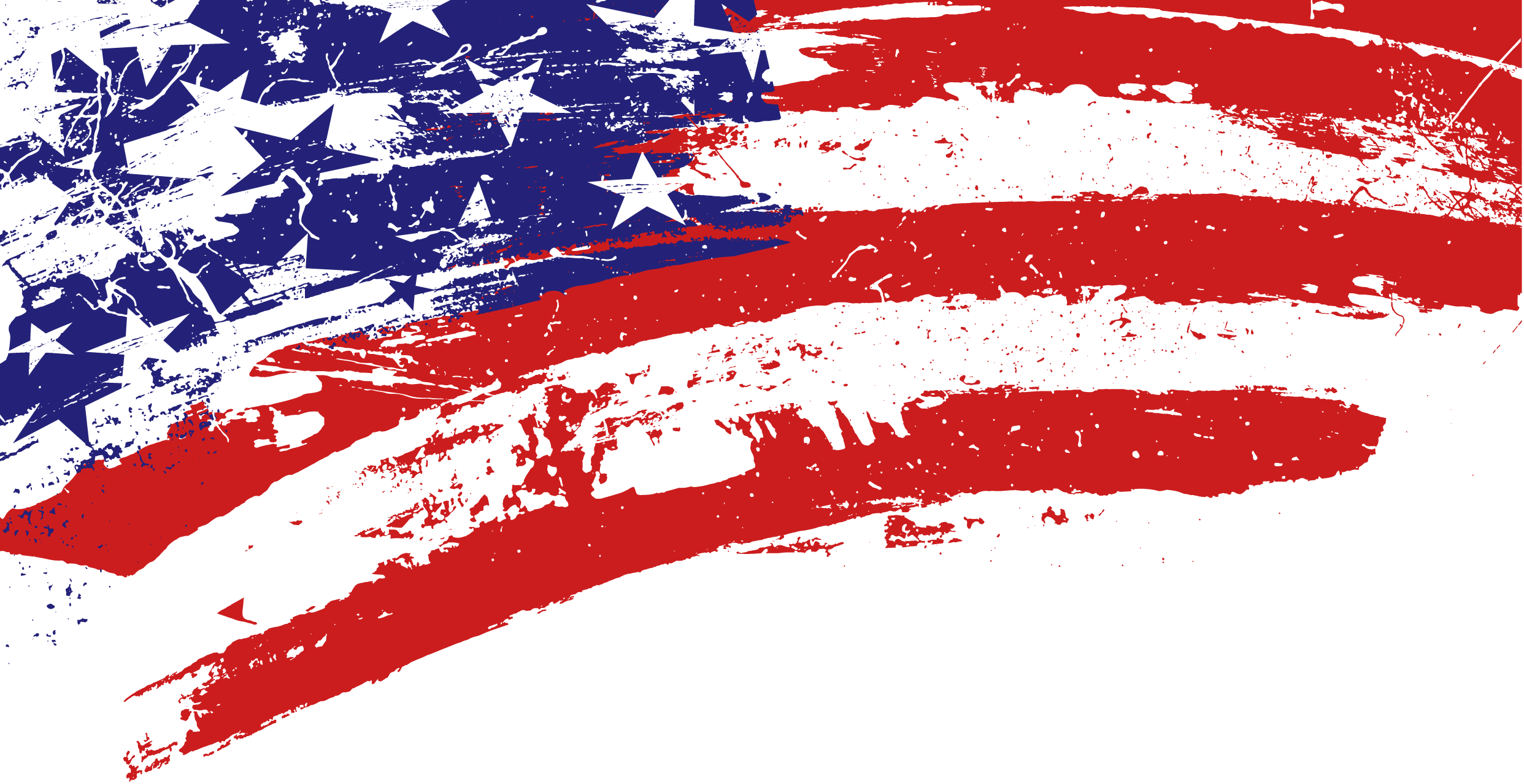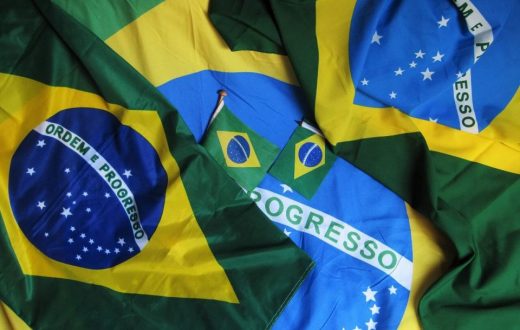On October 7, Brazil will hold its first election since Operation Car Wash ravaged the political landscape. Four years ago, the probe was still in its first months and hadn’t yet reached its status as the “biggest anti-corruption investigation in Brazilian history.” The scandal that tarnished virtually every single major political party will now have an effect on the election – whether it is in the rise of fringe candidates such as far-right Jair Bolsonaro, or in the lack of interest by young voters.
Citizens between 18 and 70 years old, regardless if they’re living abroad, are required by law to vote (or else present a justification to the Electoral Justice System for absence). Failing to do so has serious consequences, as people could be prevented from obtaining passports, taking out loans from public banks, or even enrolling in a public educational institution.
But even obligated by law, Brazilians are by no means keen to vote. Trust in public institutions is at an all-time low. Almost half of voters have no idea who they will vote for in two months – a rate higher than ever before. As a reflection, polling institutes predict that up to 70 million might choose not to show up to the polls on election day.
Many youngsters between 16 and 18, when voting is allowed but not mandatory, have chosen not to register to take part in the election. The number of teen voters has decreased from 1.6 million to 1.4 million, representing 1 percent of the total.

